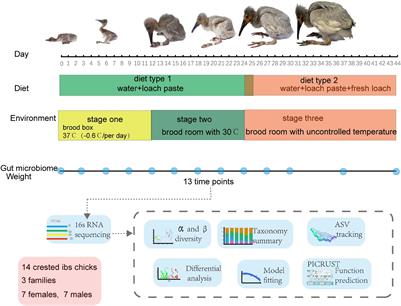EDITORIAL
Published on 30 Aug 2022
Editorial: Host-microbe interaction and coevolution
doi 10.3389/fgene.2022.983158
- 2,451 views
10k
Total downloads
37k
Total views and downloads
You will be redirected to our submission process.
EDITORIAL
Published on 30 Aug 2022
ORIGINAL RESEARCH
Published on 19 May 2022

ORIGINAL RESEARCH
Published on 06 Apr 2022

ORIGINAL RESEARCH
Published on 16 Mar 2022

ORIGINAL RESEARCH
Published on 14 Feb 2022

ORIGINAL RESEARCH
Published on 08 Feb 2022

ORIGINAL RESEARCH
Published on 29 Nov 2021

ORIGINAL RESEARCH
Published on 05 Nov 2021

ORIGINAL RESEARCH
Published on 08 Sep 2021

ORIGINAL RESEARCH
Published on 09 Aug 2021

ORIGINAL RESEARCH
Published on 09 Jun 2021


Frontiers in Microbiology
Evolutionary and Genomic MicrobiologyOffline